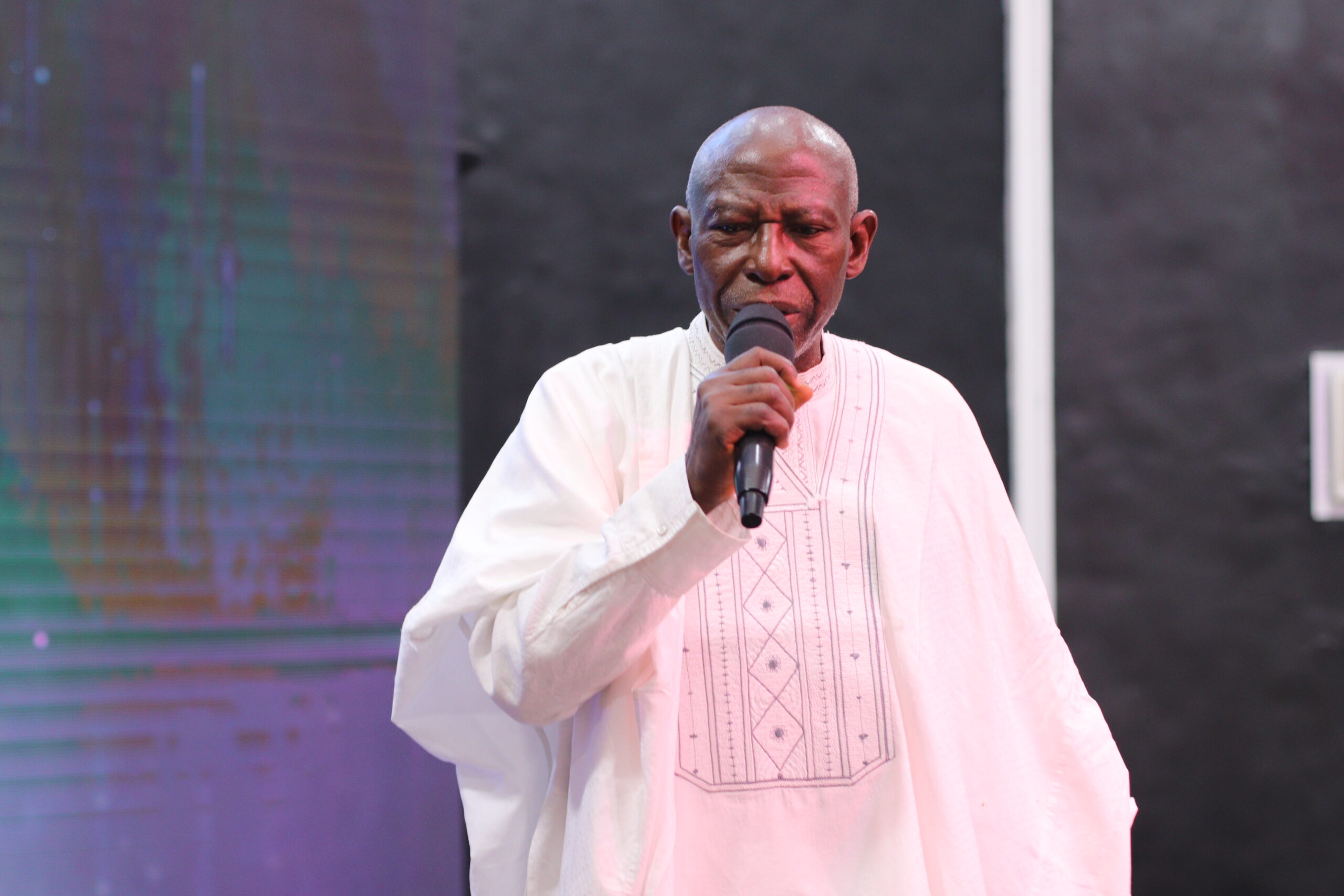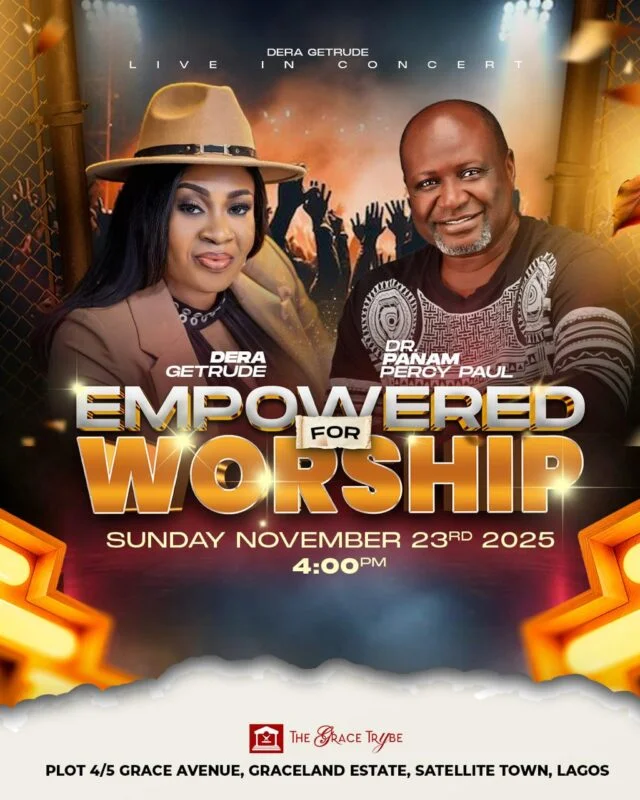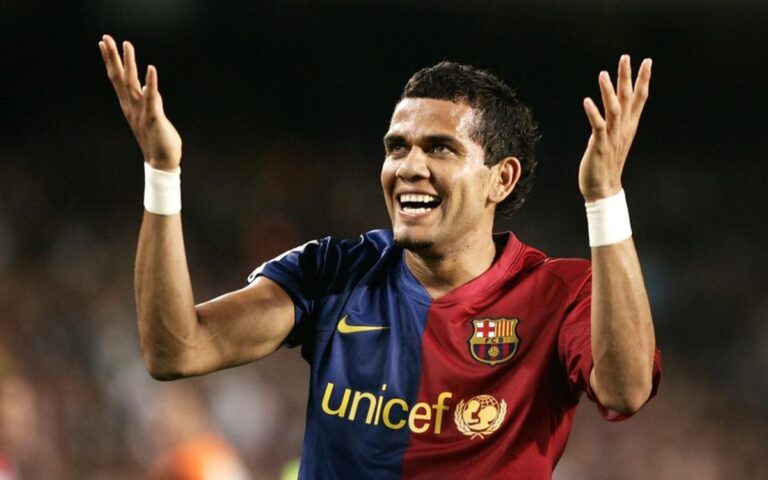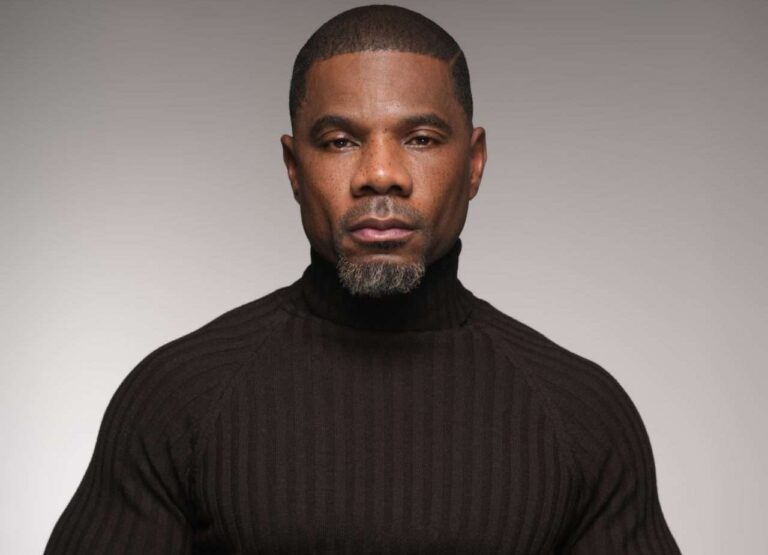Rev Isaac Omolehin’s Viral Comment on Nigerian Churches Sparks Debate

A video of Rev. Isaac Omolehin addressing the state of the Nigerian church has been making waves on social media. In his message, the respected cleric made a strong claim that has since stirred discussions both within and outside church circles.
Rev. Omolehin stated:
“Out of the ten richest pastors in the world, five are Nigerians. And out of the ten richest churches, no Nigerian church is there.”
The statement was credited to a supposed publication by the World Council of Churches. However, a closer check shows that no such report exists. The World Council of Churches has never released a publication ranking the wealth of pastors or churches anywhere in the world.
Fact-checking the claim
According to multiple credible reports and global business publications, Nigerian pastors do feature among the wealthiest preachers worldwide, but the number is not as high as Rev. Omolehin suggested. At most, two to three Nigerian pastors have consistently appeared on such lists, with the rest dominated by American televangelists.
On the other hand, when it comes to the richest churches globally, several large charismatic or Pentecostal churches from Nigeria including some of the most influential megachurches have indeed been listed. This clearly contradicts the viral statement.
This raises the big question many Christians are now asking: “Where did the data come from?”
The danger of unverified information
While Rev. Omolehin’s wider concern about flamboyance, ostentatious lifestyles, and excesses within the Nigerian Pentecostal and charismatic movement is not new, the use of unverified statistics to back such a concern could be misleading.
As Charles Arinze Nwabude noted in his commentary:
“Using unverified information to support a true concern is like cheating to pass an exam. It may work in the short run, but it weakens the credibility of the message in the long run.”
For a message that calls for self-examination and renewal in the church, it is important that data and facts are properly verified before being made public. Otherwise, the good intention risks being overshadowed by controversy.
A needed conversation
Despite the questions raised by the viral video, one thing is clear: Rev. Omolehin has reopened a conversation about the state of the Nigerian church. His concerns about lifestyle excesses in ministry remain valid and resonate with many Christians who desire integrity, moderation, and accountability in leadership.
The hope is that leaders and followers alike will focus more on verifiable truth as the basis for reform. After all, rebuilding trust within the body of Christ requires both honesty and accuracy.






